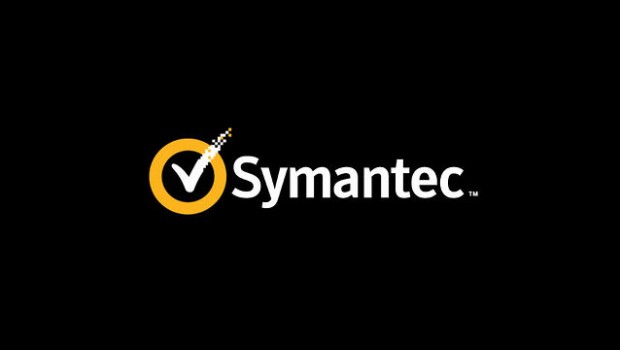National Fraud Week: Symantec partnership
This week marks National Fraud Week (15-19 May) with this years’ theme, ‘Spot social media scams’ focusing on scams using social media to target Australians.
Symantec is proud to be partnering with the ACCC and Australasian Consumer Fraud Taskforce (ACFT) for Fraud Week this year, so we can help raise awareness to Australians of the risks of cyber threats, particularly during this time, where the WannaCry ransomware threat poses a significant concern to thousands across the world.
Below are a few resources Australians can use to better inform themselves on cybersecurity:
- The Symantec Security Response blog, is an easy to understand blog which analyses a number of global and local threats, with regular updates and consumer tips. You’ll find detailed information on the WannaCry ransomware threat.
- Australian Government/ACCC, Scamwatch, a resource from the government and ACCC, is an informative platform, detailing in simple terms what online scams are, how to identify them, how to report scams and how consumers can protect themselves.
Symantec’s top tips to help protect yourself on social media:
- Be wary of individuals contacting you with a sob story, asking you for money. If you encounter any of these individuals, report them to the service you are using and then block them.
- Don’t visit links sent to you by people you haven’t talked to for very long. Scammers will pose as a member and try to get people to click on links, usually leading to porn or webcam sites, and sometimes can even lead to malicious sites that download malware onto your computer.
- Scammers create fake profiles that are run by programs called bots, to get you to click on a link that will lead to either porn, malware or scam you out of credit card information. It’s actually quite easy to spot a bot, as they have a set of predetermined “canned” responses. If you notice that the conversation you’re having seems a bit off, or the person isn’t answering your questions directly, chances are it’s a bot.
- To help verify the identity of the person that you’re talking to, ask for a recent photo. If they protest or makes excuses as to why they can’t provide a photo, it is best to be on the side of caution.
- If someone requests a webcam chat, be especially careful about your behaviour. The criminal can record the webcam session and they can use it to blackmail you. If the conversation you’re having starts to take an uncomfortable turn, disconnect the chat.







